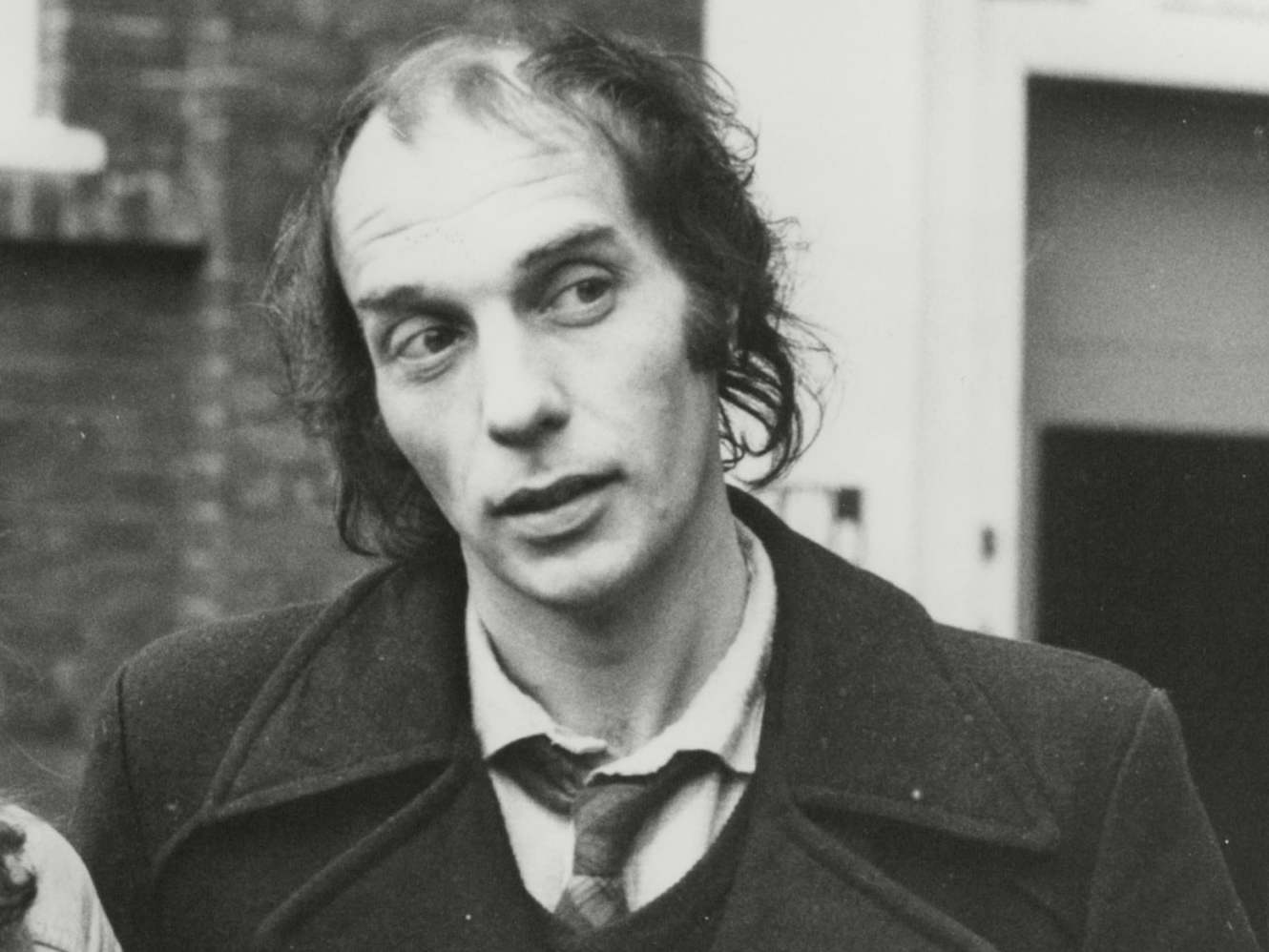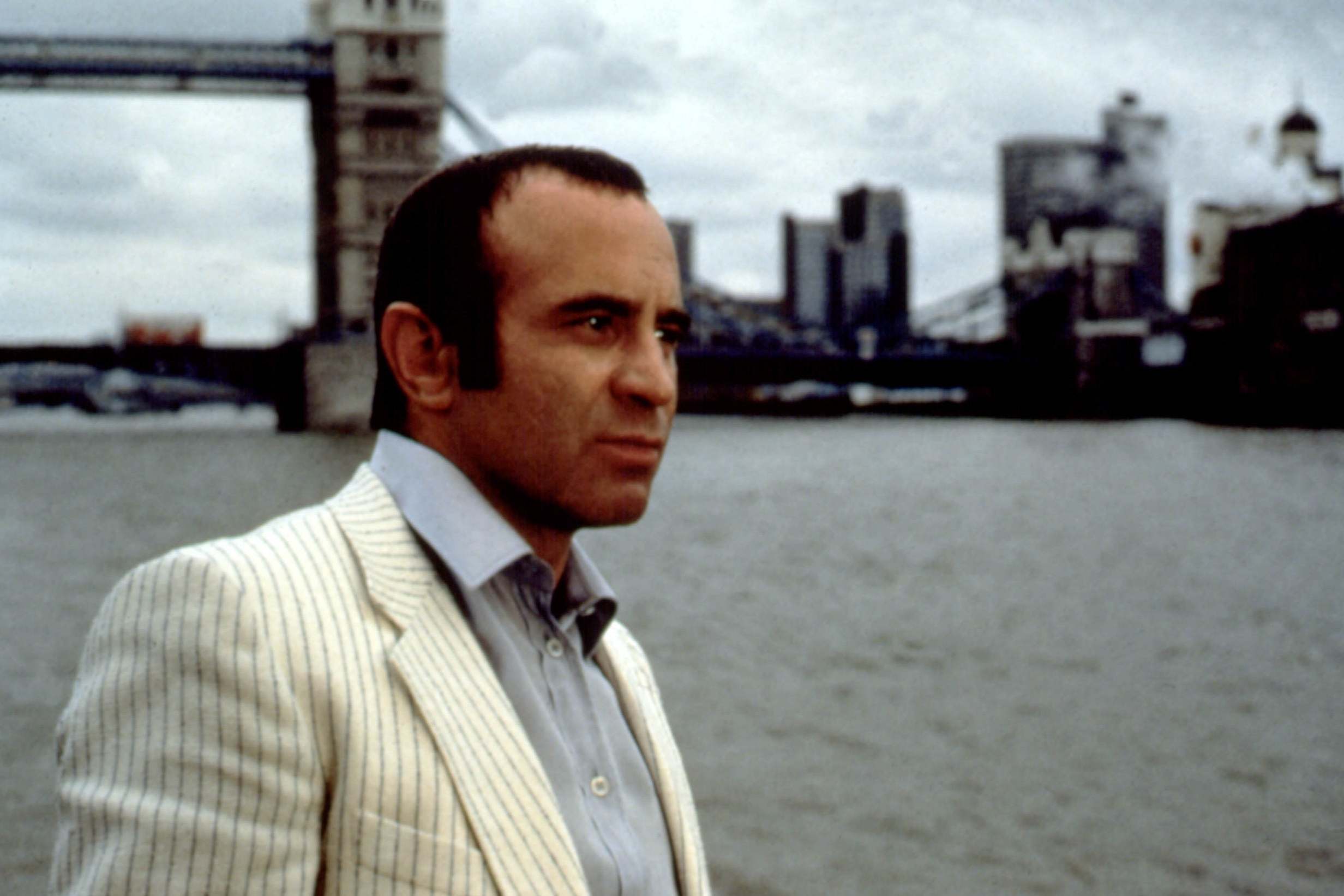Barrie Keeffe: East End writer who hit big with The Long Good Friday
His gangster feature, based in part on his own encounters as a reporter with east London villains, was hugely influential

Your support helps us to tell the story
This election is still a dead heat, according to most polls. In a fight with such wafer-thin margins, we need reporters on the ground talking to the people Trump and Harris are courting. Your support allows us to keep sending journalists to the story.
The Independent is trusted by 27 million Americans from across the entire political spectrum every month. Unlike many other quality news outlets, we choose not to lock you out of our reporting and analysis with paywalls. But quality journalism must still be paid for.
Help us keep bring these critical stories to light. Your support makes all the difference.
Barrie Keeffe, who has died aged 74, was a noted British writer who was prolific across TV, radio and the stage but was best known for the film The Long Good Friday.
This feature, made in 1979 but not released generally until 1981, was initially only a modest success but has come to be considered a classic and ranks highly in polls of all-time best British movies. It provided breakthrough roles for Bob Hoskins and Helen Mirren and gave Pierce Brosnan his first feature film role (as a silent, smiling IRA gunman).
Keeffe was born and raised in East Ham, east London, and attended East Ham Grammar before joining the Stratford Express in 1964, working for the paper until 1975. Here his beat led him to meet East End criminals and witness the Krays’ empire as it came apart.
A debut novel, Gadabout, was published in 1969 to little notice. An admirer of Joan Littlewood’s socially conscious plays at the Theatre Royal, Stratford East, Keefe began writing plays, debuting with a television play, The Substitute, in 1972.
His first theatre play Only a Game was produced in 1973 and two years later he dedicated himself to being a full-time dramatic writer. His plays reflected socially conscious themes and 1977 saw Gimme Shelter and Barbarians produced, both receiving a strong response – Barbarians has been performed many times since, most recently in 2015.
Keeffe noted, “I write plays for people who wouldn’t be seen dead in the theatre,” describing how the hostility and prejudice he experienced growing up in a London Irish family informed his writing. Across the 1970s Keeffe regularly produced plays for theatre, radio and TV, but it was his desire to write a gangster film that would ensure he left a lasting impression.
Originally titled “The Paddy Factor”, Keeffe developed The Long Good Friday from encounters he had with East End criminals as a reporter, noting also, while living in Greenwich, how the Isle of Dogs was to be developed. Made in 1979 with John Mackenzie directing, the film concerns a middle-aged cockney gangster who is determined to go “legit” by developing what would become Canary Wharf only to find his plans thwarted via the IRA. It is a seminal British movie, predicting the huge changes under way in east London and setting a template for London gangster films that would often be copied but never bettered.

Yet The Long Good Friday almost didn’t get released after financial backer the Lew Grade Organisation, hated the result, describing it as “IRA propaganda”. George Harrison’s Handmade Films purchased the film for £850,000, finally releasing it in 1981. Harrison later said that if he had been aware how violent Keeffe’s film was, he would never have purchased it.
Keeffe kept busy during this time, writing several plays, one of which, 1979’s Sus, dealt with brutal London police officers who use the “sus laws” to arrest a black man purely on “suspicion” of committing a crime. Sus was well received in the UK and internationally – Keeffe noted that productions in Pakistan and India transformed the race element to those nation’s caste systems.
Keefe loved popular music and described Barbarians as his attempt to capture “the energy of punk”. In 1979 he wrote Waterloo Sunset, a television play named after The Kinks’ classic hit, and this led to him to co-write Chorus Girls (1981) with Ray Davies. This comic musical was staged at Theatre Royal, Stratford East, but failed to connect with audiences.
The Long Good Friday’s reputation continued to grow over the years. Keeffe twice tried to write sequels – one set two years later, another 20 years on – but neither were produced. Oddly, the film’s success did not lead to further work writing screenplays beyond the 2010 film version of Sus by director Robert Heath, but this feature received little attention when released.
Keeffe was married four times, including the novelist and theatre director Verity Bargate (who died in 1981). He is survived by his fourth wife, Jacky Stoller, and Bargate’s two sons.
Barrie Colin Keeffe, writer, born 31 October 1945, died 10 December 2019
Subscribe to Independent Premium to bookmark this article
Want to bookmark your favourite articles and stories to read or reference later? Start your Independent Premium subscription today.
Join our commenting forum
Join thought-provoking conversations, follow other Independent readers and see their replies
Comments